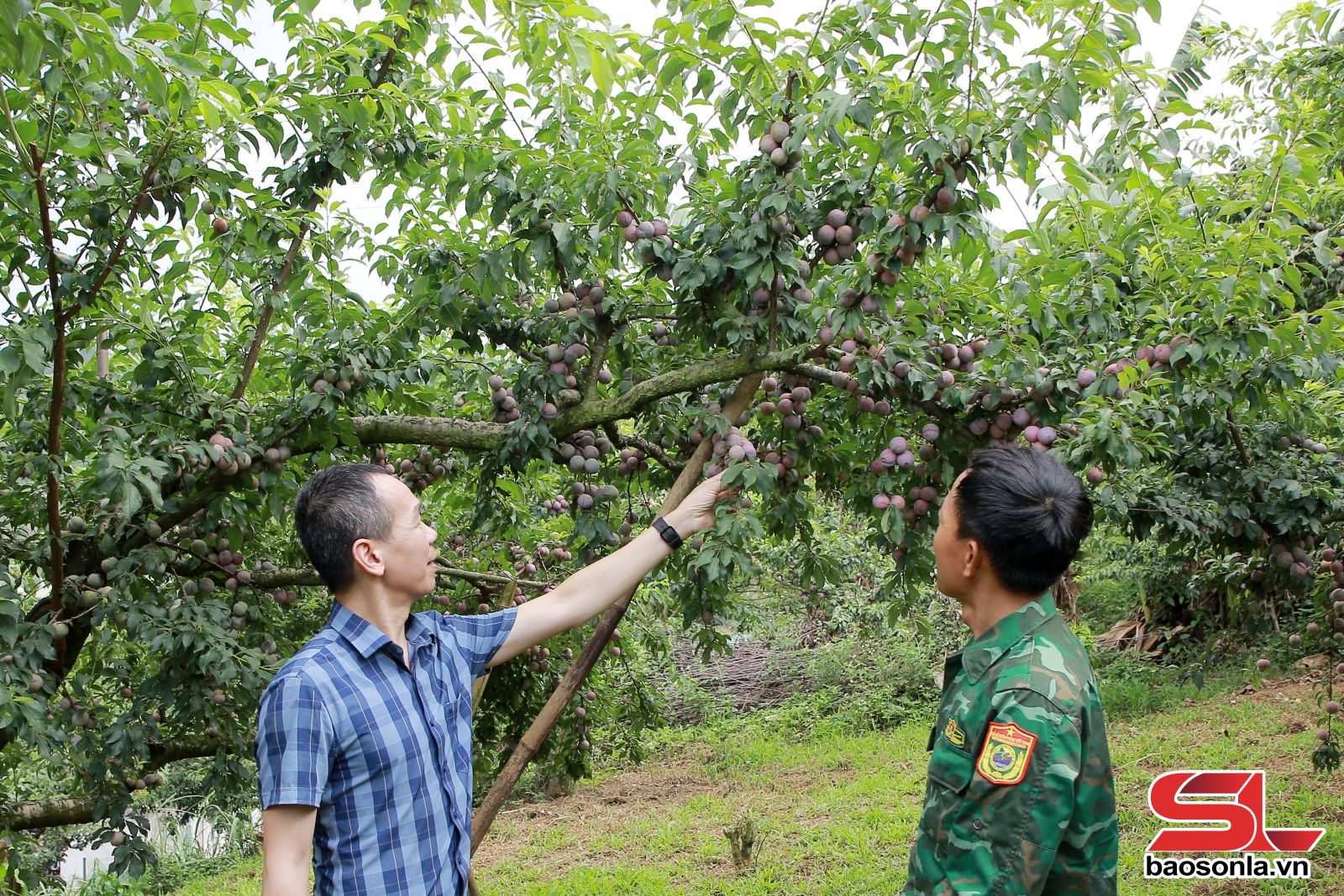
With the aim of linking and applying science and technology in production, 17 households in Hang Mon 1 and 2 villages, Phieng Khoai commune, Yen Chau district, contributed capital and 35 hectares of land to establish Toan Phat Agricultural Service Cooperative, growing plums according to VietGAP standards. After 7 years, the area increased to 70 hectares. Members mastered VietGAP and organic farming techniques, creating high-quality plums with a selling price 20-30% higher than traditional farming.
Mr. Nguyen Khanh Toan, Director of Toan Phat Agricultural Service Cooperative, said: By participating in the chain, finding outlets for agricultural products is no longer a concern of good harvests and low prices as before; production according to orders helps cooperative members focus on production, ensuring quality and meeting market demand.
Ngoc Hoang Agricultural Cooperative, Na Bo Commune, Mai Son District, is a bright spot in building a value chain for dragon fruit. From 11 initial members, after 9 years of operation, the cooperative has grown to 215 members, with 500 hectares of fruit trees, mainly red-fleshed dragon fruit. In 2024, 200 hectares of dragon fruit will yield about 4,000 tons of fruit, of which 800 tons will be exported to markets in Russia, France, Germany, the Netherlands, Italy... with an average price of 45,000 VND/kg; the rest will be consumed domestically at a price of 15,000 VND/kg. The cooperative's revenue will reach 8.4 billion VND, an average of 300 million VND/ha.
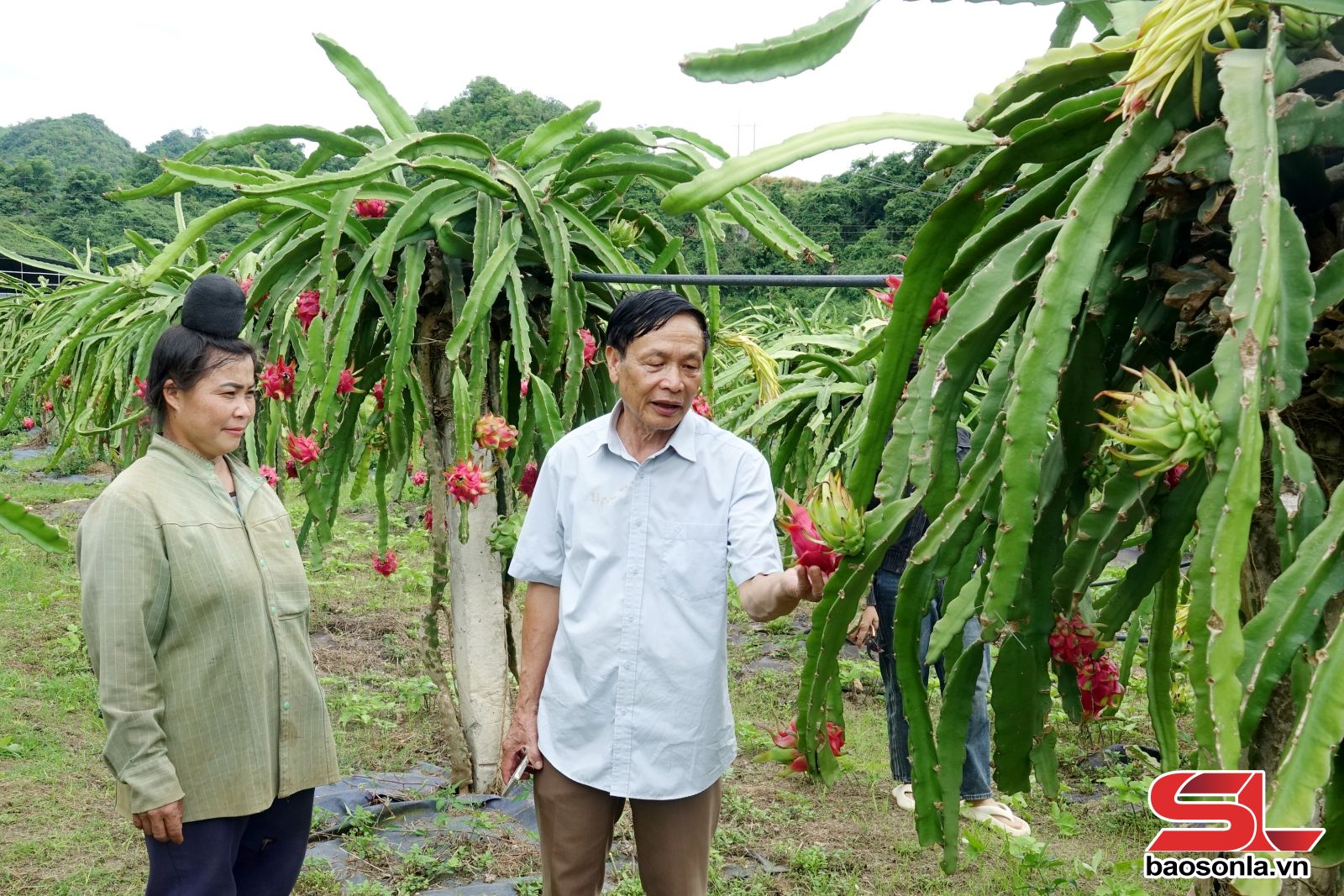
Mr. Do Danh Nhat, Na Bo commune, Mai Son district, shared: The most convenient thing about joining the cooperative is that members only need to focus on taking care of the fruit garden according to the techniques and processes that have been instructed, ensuring product safety and quality. As for product consumption, the cooperative will take care of it.
Assessing this issue, Ms. Cam Thi Phong, Deputy Director of the Department of Agriculture and Environment, informed: Linking production and consumption of agricultural products, in line with the current development trend, helps cooperatives and enterprises maintain growth, avoiding the situation of "good harvest, low price". At the same time, ensuring a rich and quality supply of agricultural products. The whole province has built 308 safe agricultural and aquatic food supply chains, of which 188 safe fruit chains with an area of over 4,100 hectares, output of over 53,000 tons/year; maintaining 218 growing area codes with a total area of over 3,100 hectares; 8 packaging facility codes for export.
However, in general, the participation of subjects in the agricultural supply chain is still fragmented and lacking in connection. Agricultural products are mainly consumed through traders, wholesalers, and retailers at many different levels. The presence of many intermediaries increases costs and makes it difficult to trace the origin and quality. The link between farmers and traders is seasonal and often depends on large buyers.
To overcome difficulties in chain linkage, the province has issued many policies to support the development of cooperatives growing fruit trees and medicinal plants; renovating mixed gardens; producing, processing and consuming safe agricultural products. At the same time, it supports funding for managing growing area codes; focuses on improving processing and preservation capacity according to the value chain, linked to quality standards and raw material areas.
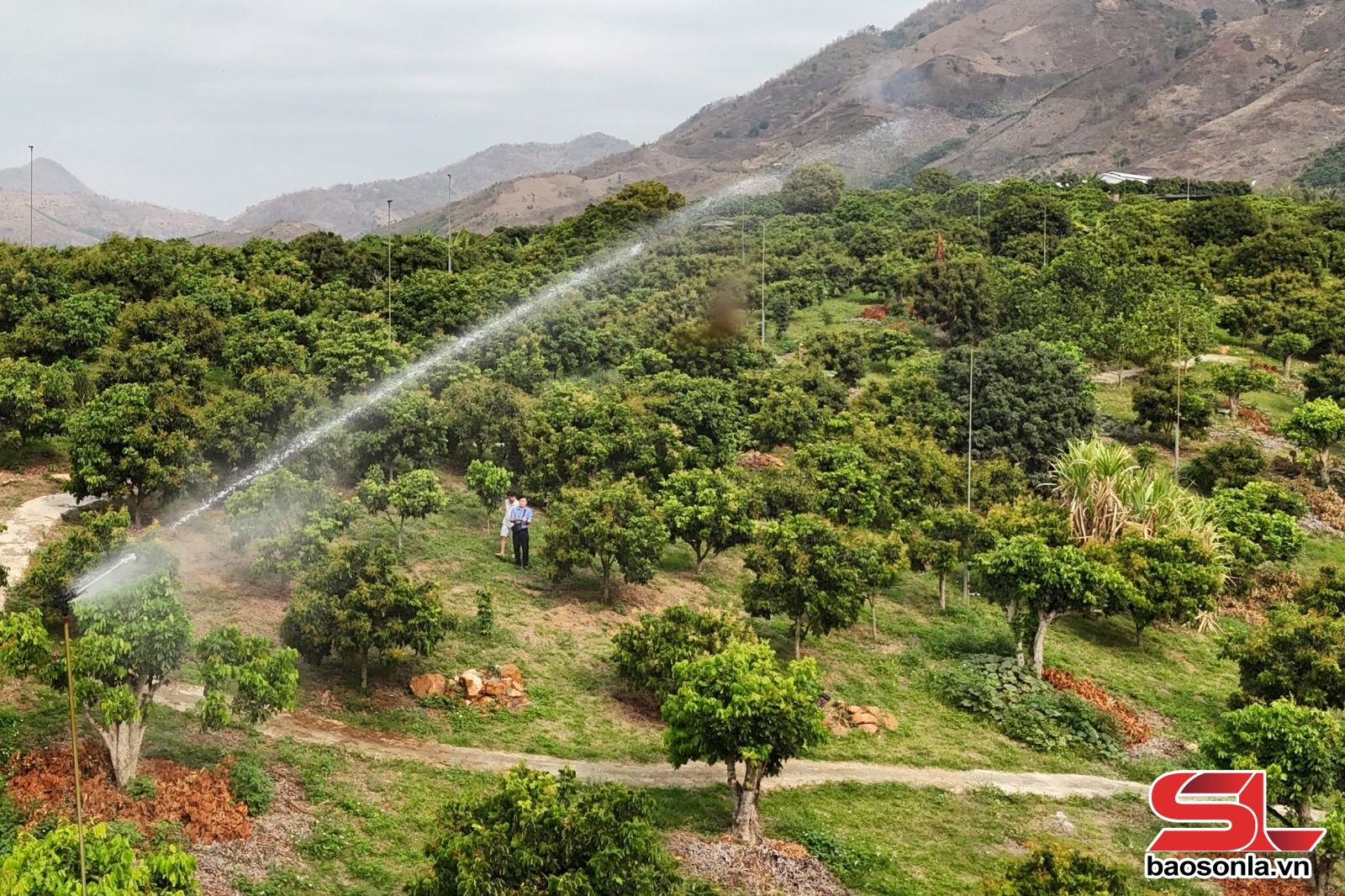
Shift from building a “supply chain” to developing an “industry value chain”, ensuring transparency, responsibility and sharing of benefits among parties. Strengthening the linkage of 6 parties (farmers, state, enterprises, banks, scientists , distributors). At the same time, attracting leading enterprises with potential in capital, technology, and market to lead the chain, forming production - processing - consumption clusters in areas with large output and favorable conditions.
Ms. Nguyen Hang Nga, Deputy Director in charge of Doveco Son La Fruit and Vegetable Processing Center, said: Doveco prioritizes the maximum use of local materials, such as: Mango, corn, longan, soybeans, vegetables... to ensure sustainable output for Son La and the Northwest region's agricultural products. Up to now, the enterprise has signed contracts with many cooperatives, cooperative groups and enterprises to supply standard seeds and materials. At the same time, it sends technical staff to guide production according to safe processes, creating products that meet quality standards.
Building a chain of links between enterprises, cooperatives and farmers has affirmed the advantages in sustainable agricultural development. This is also the main direction of Son La agricultural production in the coming time.
Source: https://baosonla.vn/kinh-te/xay-dung-chuoi-gia-tri-trong-san-xuat-tieu-thu-san-pham-8ZB0bFaNg.html



![[Photo] Ho Chi Minh City holds funeral for former President Tran Duc Luong](https://vphoto.vietnam.vn/thumb/1200x675/vietnam/resource/IMAGE/2025/5/24/9c1858ebd3d04170b6cef2e6bcb2019e)

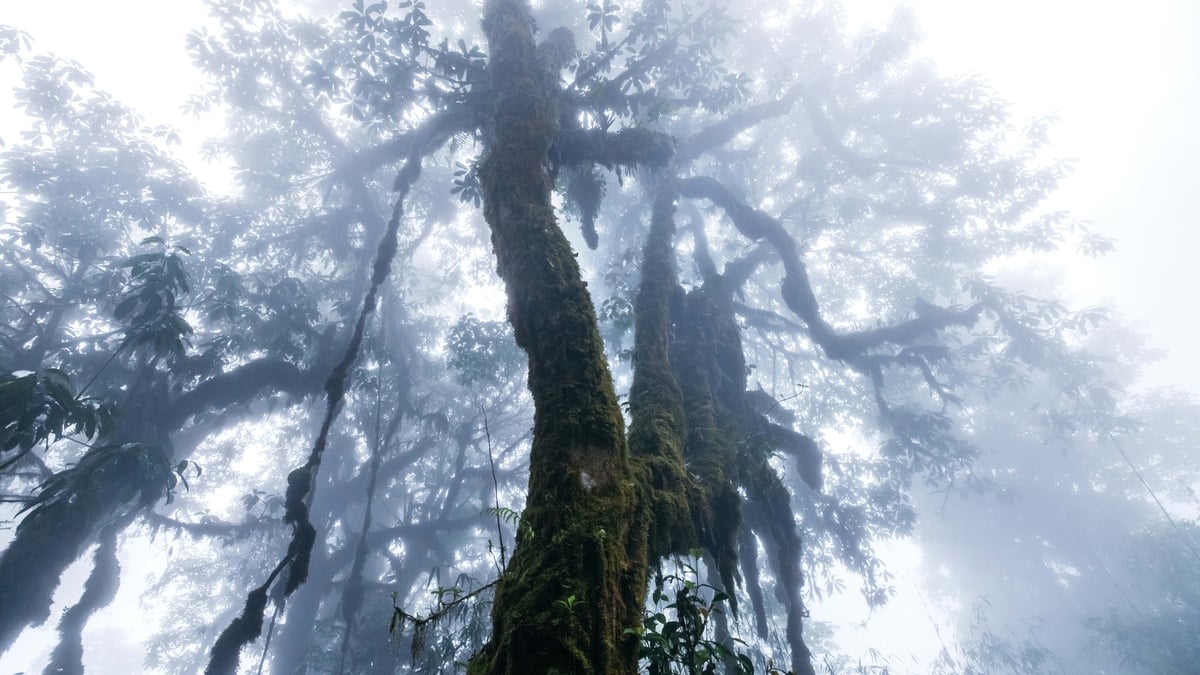

![[Photo] The Government Standing Committee works with ministries and branches on the real estate market situation.](https://vphoto.vietnam.vn/thumb/1200x675/vietnam/resource/IMAGE/2025/5/24/e9b5bc2313d14c9499b8c9b83226adba)
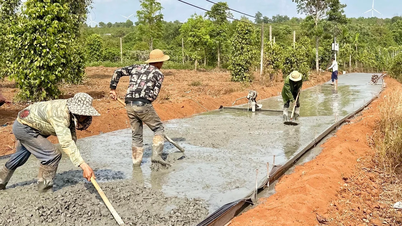



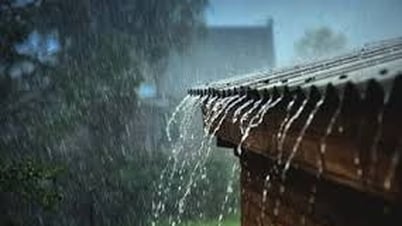

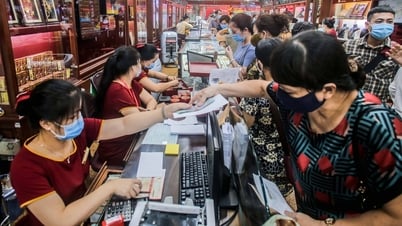






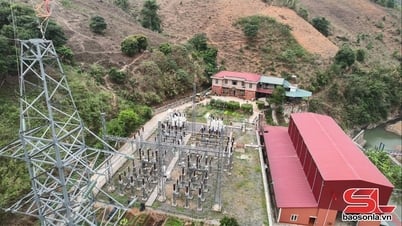
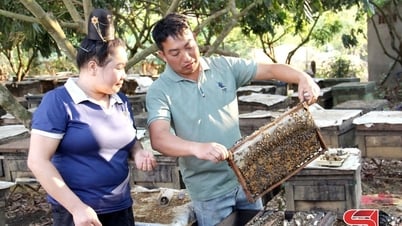
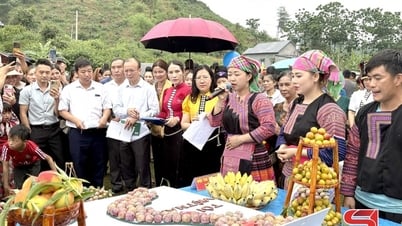
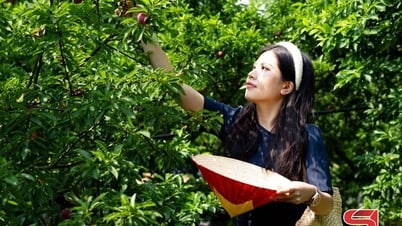
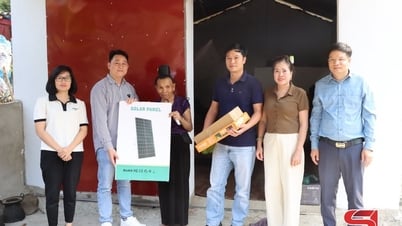
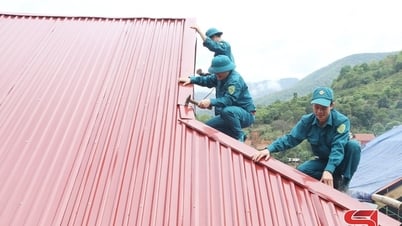
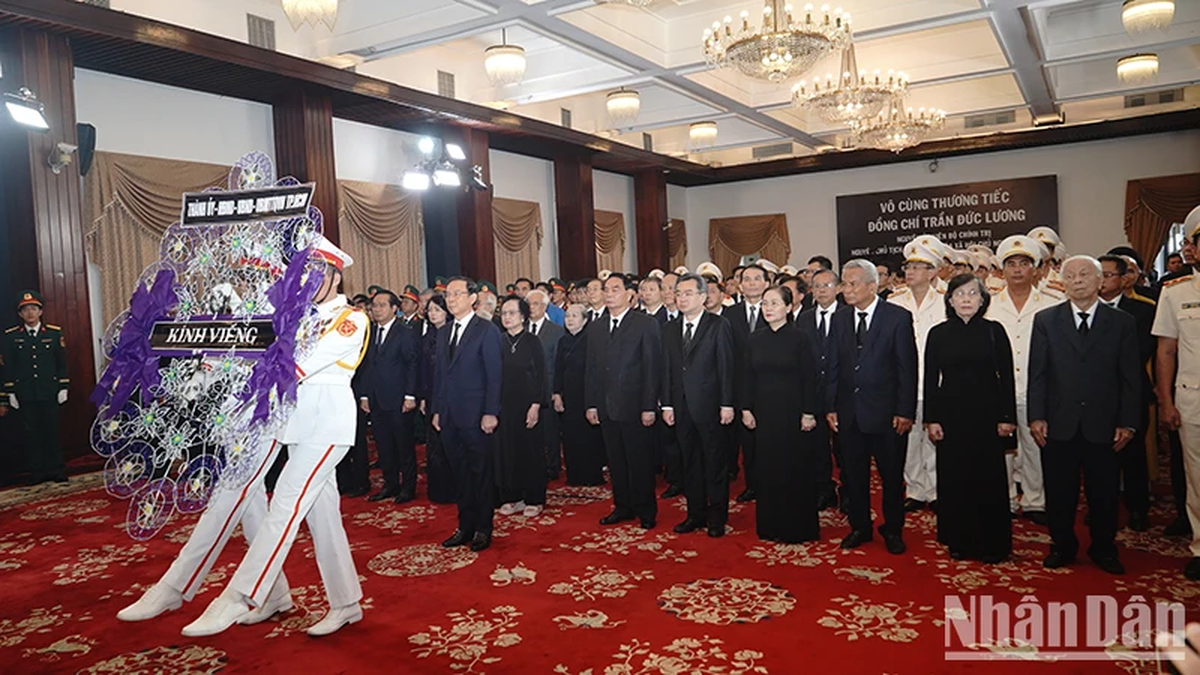
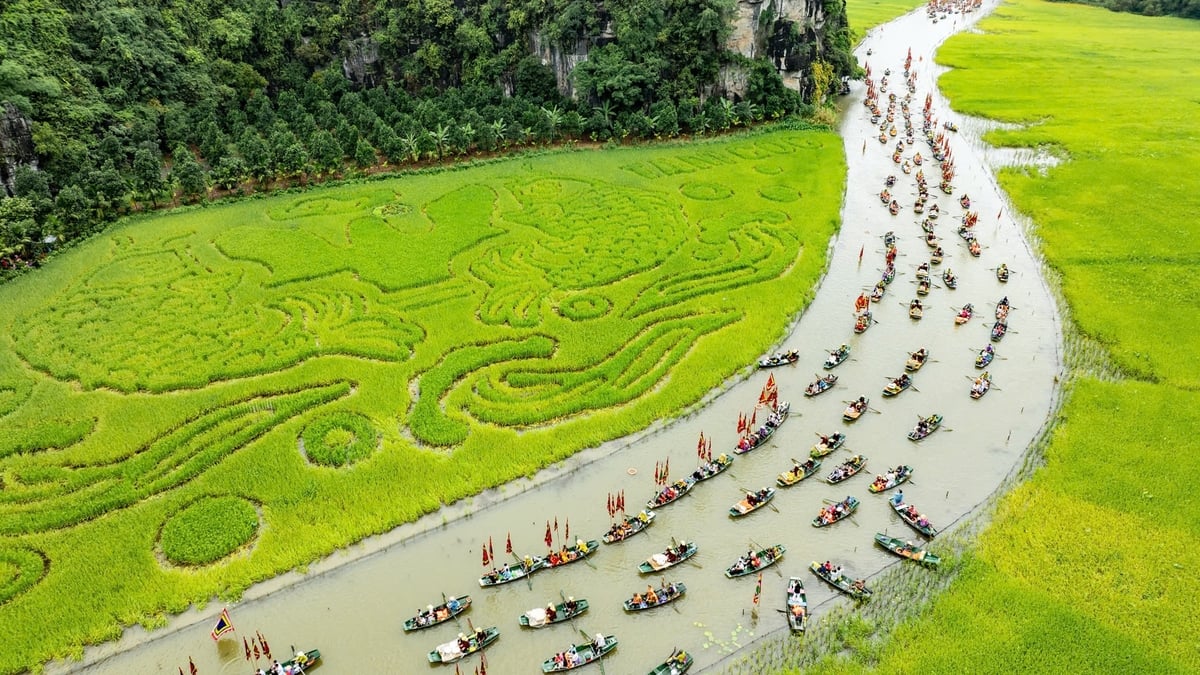
![[Photo] Party and State leaders visit former President Tran Duc Luong](https://vphoto.vietnam.vn/thumb/1200x675/vietnam/resource/IMAGE/2025/5/24/960db9b19102400e8df68d5a6caadcf6)
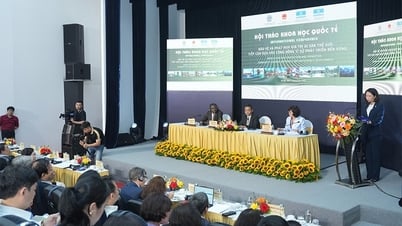



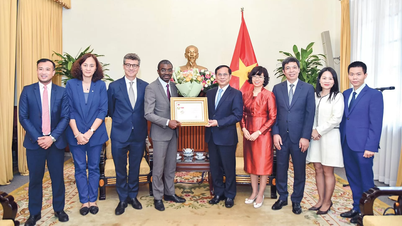









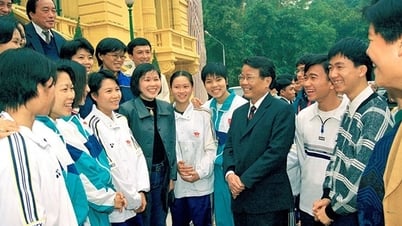

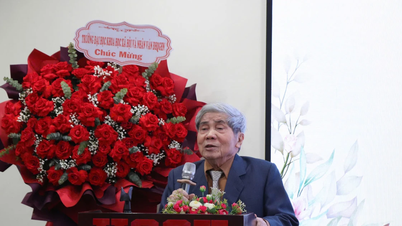
















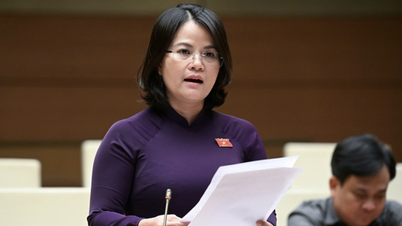
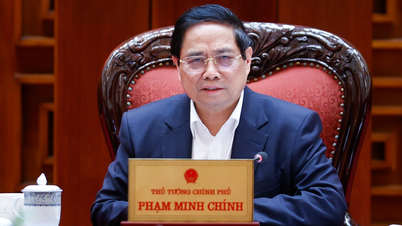










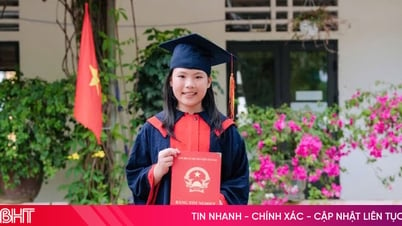

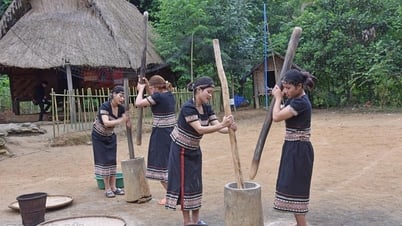













Comment (0)